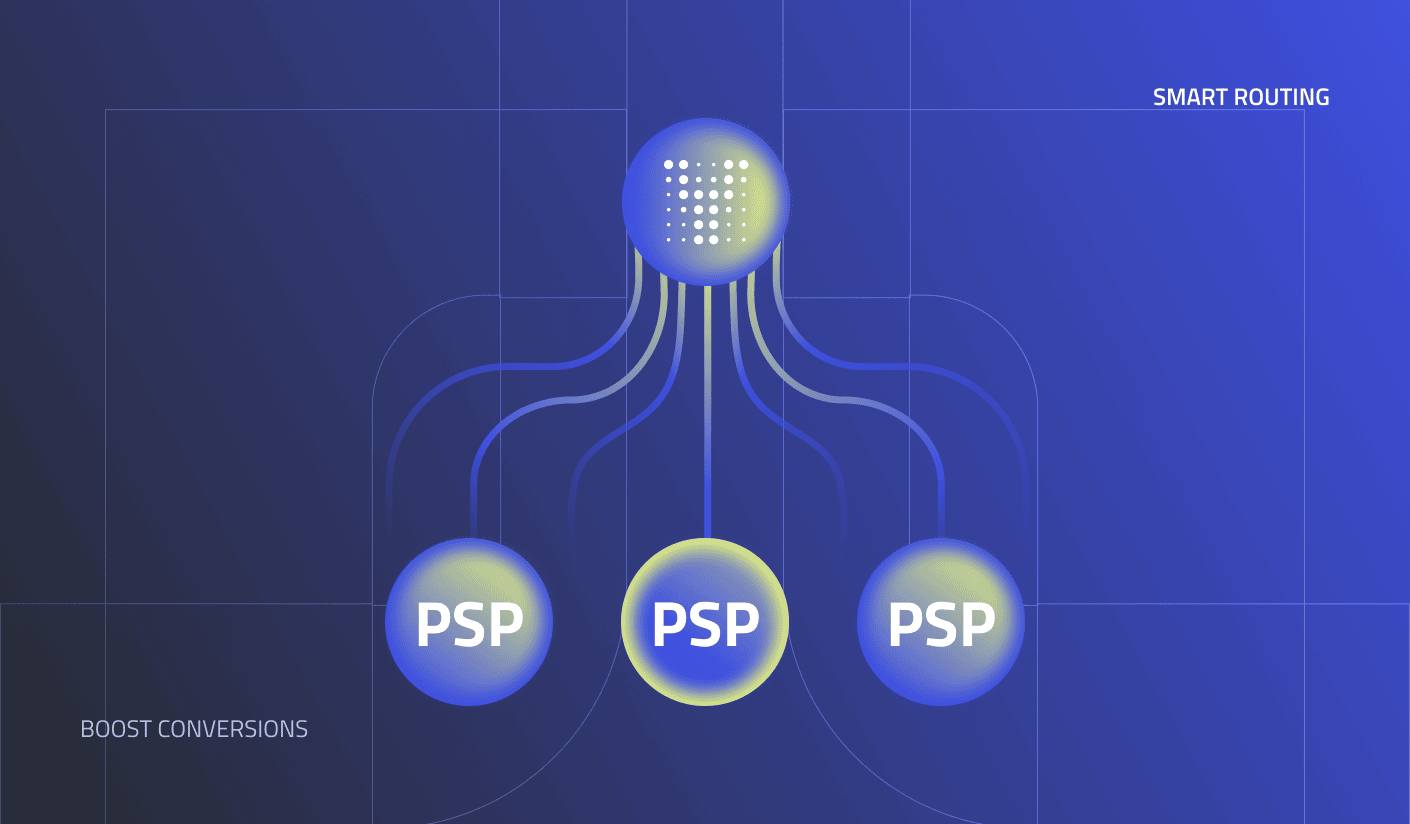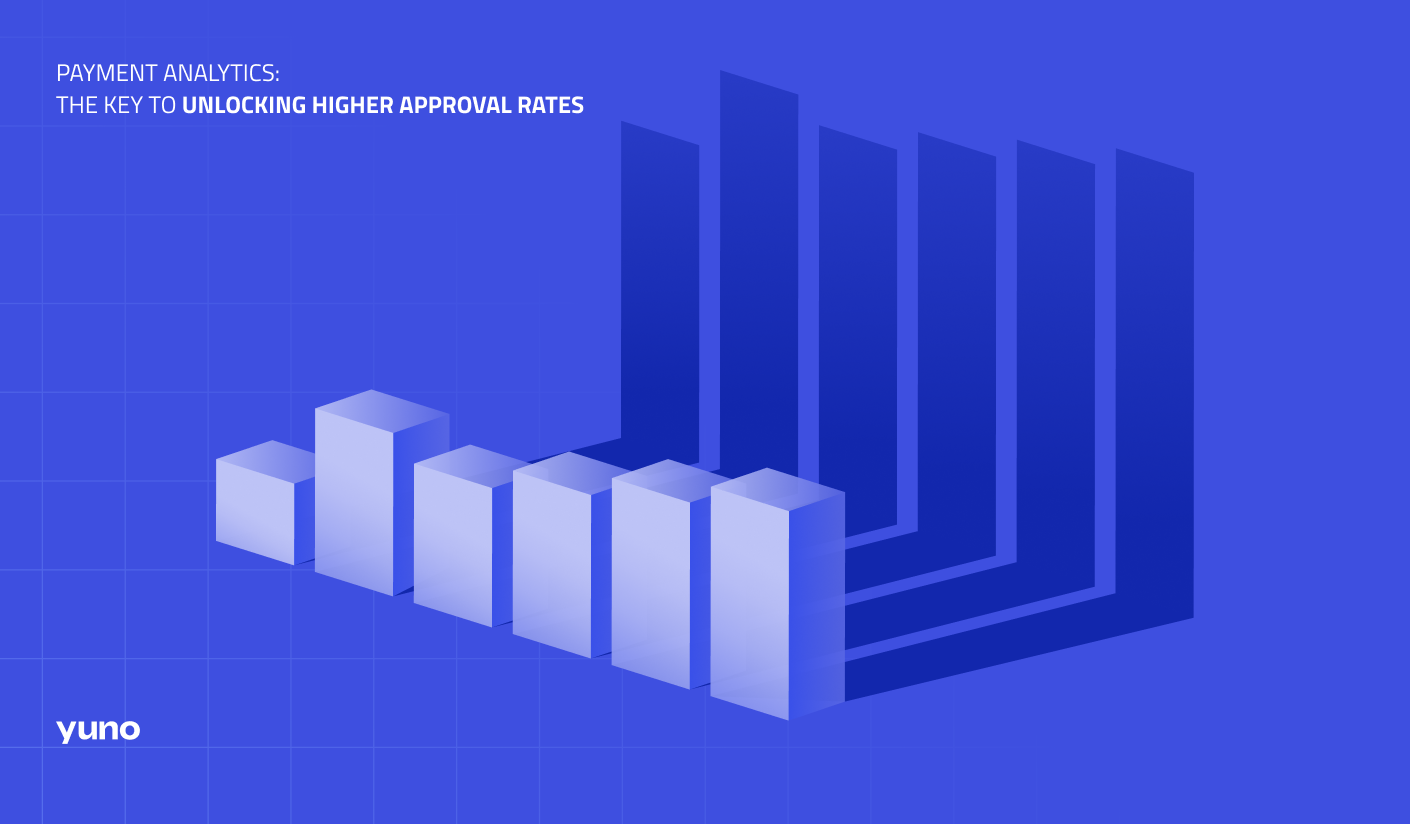What are the best payment security measures for your business?
.png)
As businesses embrace digital transactions, the rise in cyber threats poses a serious risk to payment security. From phishing scams to data breaches, payment fraud is a constantly evolving threat, making it essential for companies to adopt robust security practices to safeguard customer information and maintain trust. In 2023 alone, over 40% of businesses reported falling victim of cyberattacks, with many facing significant financial and reputational damage due to vulnerabilities in their payment systems.
For businesses, failing to implement effective security measures doesn’t just mean financial loss—it erodes customer confidence and puts long-term success at risk. Strengthening payment security isn’t just about compliance; it’s about building a resilient foundation that keeps customers’ data safe and supports sustainable growth.
Here’s a breakdown of the essential payment security measures every business should consider to protect transactions and stay ahead of emerging threats.
Why payment security matters
Payment security is vital for maintaining the confidentiality, integrity, and availability of transaction information. Strong security measures protect customers from unauthorized access and fraud, fostering confidence in their transactions. For businesses, effective security not only ensures regulatory compliance, but also preserves trust. Data breaches can result in a substantial loss of customer confidence, with companies that experienced breaches reporting a decline in customer loyalty.
Common security threats in digital payments
Digital payment security faces ongoing threats, with some of the most significant risks including phishing, malware, man-in-the-middle attacks, and card skimming.
Phishing is a method of impersonation where attackers disguise themselves as trustworthy entities to trick users into sharing sensitive information, such as passwords or credit card details. In 2022, 36% of all data breaches in the US are caused by phishing attacks, making it one of the most common digital threats.
Malware is malicious software that infiltrates systems to steal valuable payment information. Attackers use tactics like phishing emails, compromised websites, and hidden software downloads to introduce malware into systems. Businesses impacted by malware face an average financial loss of $2.6 million, highlighting the high stakes of this pervasive threat.
Man-in-the-middle (MITM) attacks involve an unauthorized party intercepting communications between two systems, such as a customer and payment processor. This tactic allows attackers to steal or manipulate sensitive data, often going undetected by the parties involved.
Card skimming captures payment card information through compromised terminals or software, enabling attackers to use or sell card data. Skimming remains a significant threat to consumers and businesses alike, as it can compromise both physical and online payment environments.
Key payment security measures for businesses
Implementing comprehensive payment security measures is essential to protect businesses and their customers. Here are the most effective approaches:
1. Encryption
Encryption converts sensitive data into a secure code to prevent unauthorized access, ensuring the confidentiality of payment information. By employing mathematical algorithms, encryption scrambles data in transit, which only authorized parties can decode.
There are two types of encryption commonly used in payment security: symmetric and asymmetric. Symmetric encryption uses a single key for both encoding and decoding, making it fast yet slightly less secure for highly sensitive transactions. Asymmetric encryption uses a pair of keys (public and private), enhancing security in high-stakes transactions.
2. Tokenization
Tokenization replaces sensitive payment data with a unique identifier, or "token," which holds no inherent value outside the transaction context. This approach greatly reduces the risk of data exposure, as the token is useless if intercepted.
During a transaction, sensitive payment data is converted to a token, which is then processed while the real data is stored securely in a token vault. According to Visa, business using Network Tokens reduced fraud by an average of 28% without creating additional payment friction for customers.
3. SSL and TLS Protocols
Secure Sockets Layer (SSL) and Transport Layer Security (TLS) establish a secure, encrypted connection between a server and browser, protecting data from interception during transfer. These protocols are fundamental for securing online payments and assuring customers of a website’s authenticity.
SSL certificates enable encrypted connections and show visible trust indicators (like a padlock icon in the browser), providing assurance to customers. TLS, an improved version of SSL, includes stronger security features and has become the preferred standard.
4. 3D Secure (3DS)
3D Secure (3DS) is an authentication protocol that adds an extra layer of security for online credit and debit card transactions. By requiring customers to verify their identity during checkout, 3DS helps prevent unauthorized use of payment cards.
In a 3DS transaction, customers are directed to their card issuer’s portal to authenticate the payment through a password, one-time passcode (OTP), or biometric verification.
5. PCI DSS Compliance
The Payment Card Industry Data Security Standard (PCI DSS) is a regulatory framework that sets security requirements for any business handling credit card information. PCI DSS compliance helps businesses minimize risks and maintain a secure environment for payment data.
To comply with PCI DSS, companies must maintain secure networks, protect cardholder data, implement access control measures, and continuously monitor for vulnerabilities. Non-compliance can result in monthly fines of up to $100,000, making adherence essential for businesses aiming to avoid penalties and preserve customer trust.
6. Multi-Factor Authentication (MFA)
Multi-Factor Authentication (MFA) strengthens security by requiring users to provide two or more verification factors to access a system or complete a transaction. MFA combines different factors, such as something the user knows (password), something the user has (phone), and something the user is (biometric data), to confirm identity.
By implementing MFA, businesses can protect against unauthorized access even if one factor is compromised. Studies show that MFA blocks 99.9% of automated attacks, proving its value as an essential security measure.
7. Biometric Authentication
Biometric authentication leverages unique physical traits, like fingerprints or facial recognition, to verify a user’s identity. This high level of security is convenient for customers and effective in minimizing unauthorized access.
Biometric authentication is projected to secure over 1.2 billion devices by 2025, reflecting its rapid adoption in payment security. Its ability to reduce reliance on traditional passwords while offering heightened security makes it an increasingly valuable option for businesses.
Strengthening payment security for the digital age
As cyber threats become more sophisticated, businesses must stay proactive in securing their payment systems. Implementing robust security measures like encryption, tokenization, SSL/TLS, 3D Secure, PCI DSS compliance, MFA, and biometric authentication enables businesses to protect sensitive data and build customer trust. By keeping up with security trends and regularly updating protocols, businesses can stay ahead of evolving threats and ensure secure transactions in today’s digital landscape.
How Yuno can fortify your payment’s security
Yuno’s payment orchestration platform integrates advanced security measures such as encryption, tokenization, and PCI DSS compliance, providing businesses with a comprehensive solution to secure payment transactions. With Yuno, companies can enhance payment security without compromising on convenience or customer experience.
To see how Yuno can support your security needs, book a demo and experience the platform in action.












